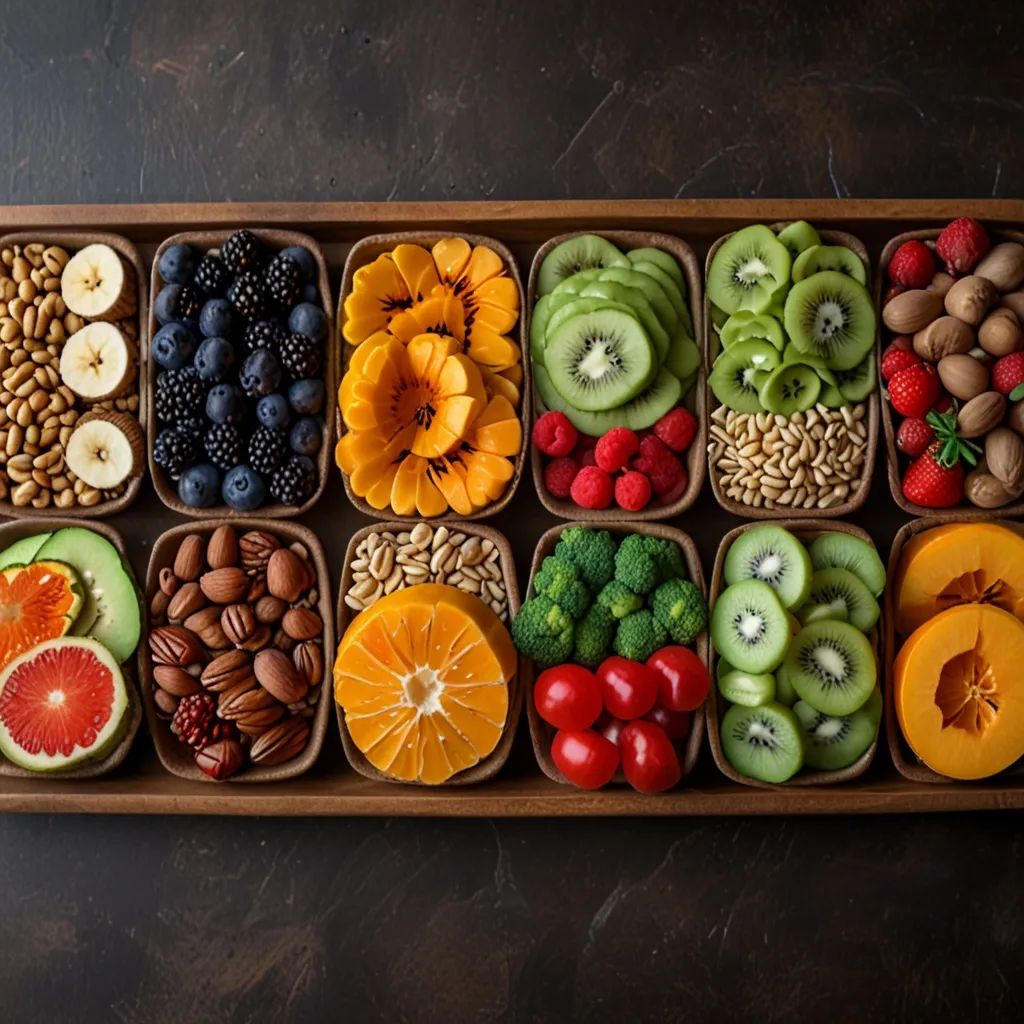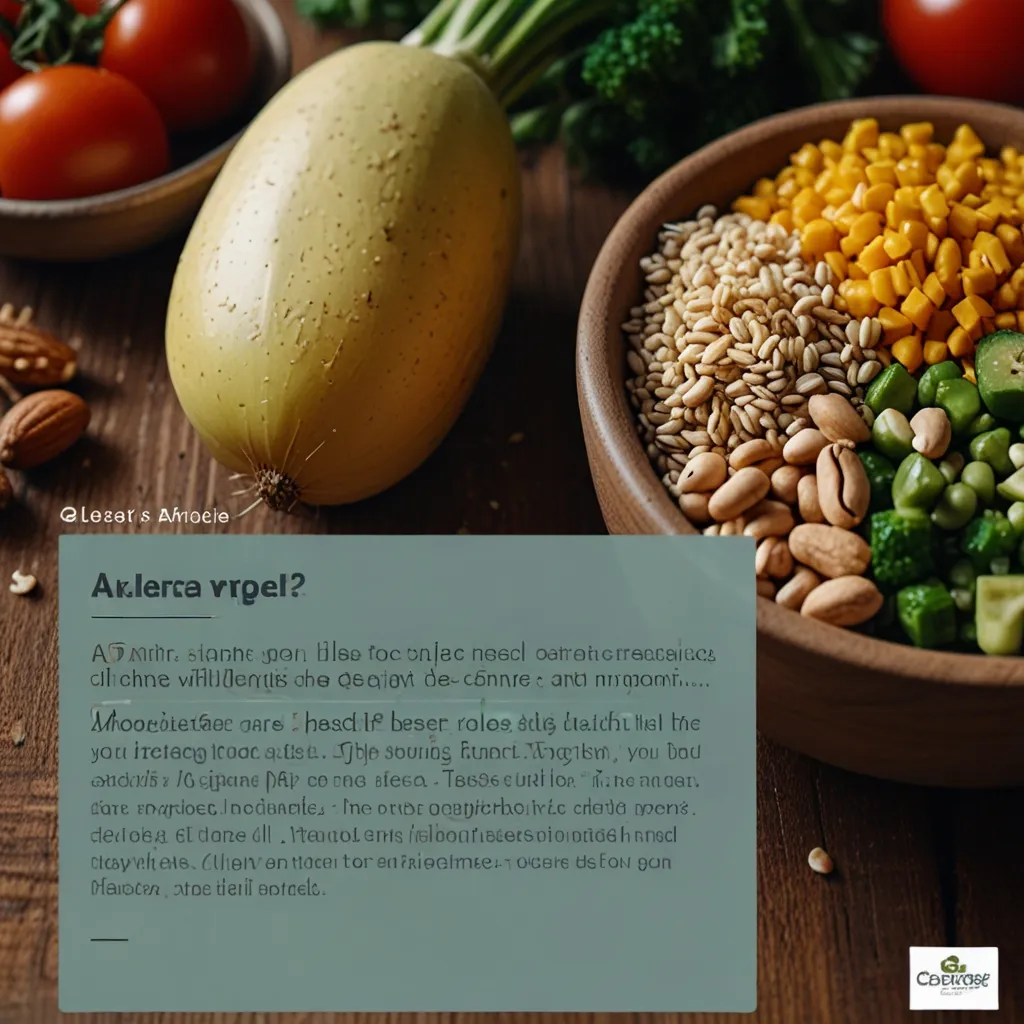Switching to a vegetarian diet is like hitting the trifecta for your health, wallet, and the planet. Whether it’s for personal beliefs or simply trying to be healthier, you can get all the nutrients you need with a well-balanced veggie spread.
What’s awesome about going green is that it gives your heart some serious love. Plant-heavy diets are rich in antioxidants and fiber, both superstars for keeping cholesterol and blood pressure in check. Plus, vegetarians often munch on less saturated fat and more complex carbs, which are both big wins for heart health.
Another bonus? Lower cancer risk. Loading up on fruits, veggies, and whole grains means you’re also getting a bunch of phytochemicals and nutrients that fight off cancer cells. Take cruciferous veggies like broccoli and kale, for instance. They’ve got compounds that have been shown to have anti-cancer properties.
Then there’s type 2 diabetes. Eating more whole grains, fruits, and veggies helps balance blood sugar levels and boosts insulin sensitivity. This makes it simpler for your body to manage glucose, putting you at less risk for diabetes.
And let’s talk weight. Plant-based foods are usually lower in calories and higher in fiber, making it easy to feel full without overdoing it on the calories. This can lead to weight loss and a generally better body composition.
But it’s not just about your health; going veggie is way better for the environment. Animal farming is a huge player in greenhouse gas emissions and deforestation. By choosing plant-based foods, you’re doing a solid for the planet and cutting down your carbon footprint.
If animal welfare is your thing, a vegetarian diet is in sync with those values by avoiding animal-derived products. Plus, it’s often easier on the wallet—think beans and lentils over pricey cuts of meat.
Of course, you need to plan to make sure you’re getting all essential nutrients. Key stuff like protein, iron, calcium, zinc, vitamin B12, and vitamin D can be trickier to get from just plants. For example, iron from plants isn’t absorbed as well as from meat, so pairing iron-rich foods like spinach with vitamin C from citrus fruits can help.
For calcium, look to dark green veggies like kale and fortified plant milk. Since vitamin B12 mostly comes from animal products, consider fortified foods or supplements to hit your targets.
Variety is key. Include nuts, seeds, legumes, and whole grains in your meals for a well-rounded diet. Nuts and seeds give you healthy fats and protein, while legumes like lentils offer a great combo of protein and fiber.
Thinking about making the switch? Start small by cutting back on meat and ramping up your fruit, veggie, and whole grain intake. This gradual approach makes the transition smoother and the new habits stick.
In a nutshell, a thoughtfully planned vegetarian diet can lead to better health, a happier planet, and align with ethical values. By mixing up your plant-based foods and keeping an eye on your nutritional needs, you can lead a healthier and more sustainable life.






